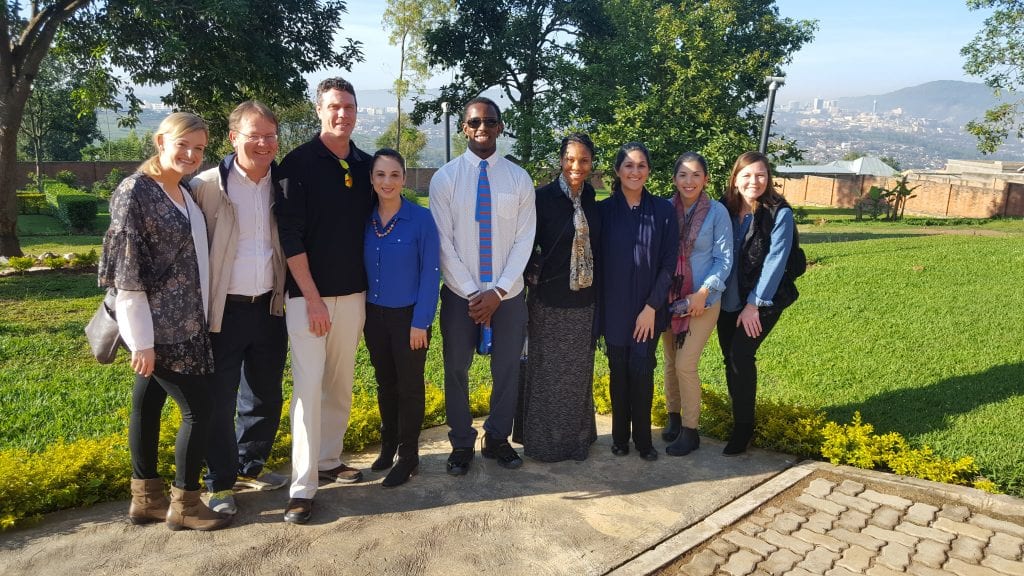Original Blog Post by SMU DRCM Dr. Robert Barner
If you are in the DR program you already have a very credible knowledge base for helping others work through conflict. The only thing you lack is a structured set of tools for managing change.
So you are part way through the DR certificate or Master’s program and you are now starting to think about how you intend to apply your certificate or degree to your career. Are you planning to set up your own mediation or conflict management practice? Considering looking for a corporate job in HR, training, or a related field?
If you want to increase your chances for career success, perhaps it is time to consider broadening your tool belt a bit, starting by learning some skills in organizational change management. Let me explain.
For 30+ years I worked as a corporate executive in the HR sub-fields of organizational and leadership development. One of my big responsibilities in each of these positions was to help organizations think through the best way to manage change. In each of these situations another leader held the responsibility of being the project manager. These were the people who built the project plan, established milestones and cost estimates, and negotiated with vendors. But quite often these companies realized that change = conflict. Employees resist change when those changes are not clearly communicated, when there is little opportunity for employee input, and when there is no opportunity to coach leaders in how to effectively guide their teams through the change process. That is when they would approach me to offer suggestions and provide tools that would increase the chances that the organizational change might be successful.
And that’s where you come in. If you are in the DR program you already have a very credible knowledge base for helping others work through conflict. The only thing you lack is a structured set of tools for managing change.
Think about it this way…If you are setting up your own practice, you will probably be charging about $150 – 250/hour for your services, with a typical mediation service netting $400 -$800. A change management project typically takes 6 to 18 months, with a change manager contacted at a hefty rate to provide support at each stage of that project.
On the other hand, if you are NOT thinking about hanging out your shingle, you are probably considering exploring employment opportunities in HR or related professions. In this case, change management skills can be an invaluable means of separating you from the other job candidates. I know, because I operated at the VP level for the last 15 years of my corporate work experience, and hired many full-time and contract support professionals.
For all of these reasons I am inviting you to sign up for the next Organizational Change Management course I will be conducting through our program in the upcoming May Term 2018.
This course is only available only once a year, and the next course will be conducted in the weekends of May 11-13; 18-20 (with registration March 19-30). You can obtain additional information from Jessica Lunce, our Program Manager at jlunce@smu.edu.
The bottom line – don’t wait until you graduate to figure this out. If you have been wanting to expand your career horizons, then perhaps this is the “change” that you have been waiting for. Hope to see you there!



 EVENT INFORMATION
EVENT INFORMATION